Unworlding: the Frieze section examining collapse and rebirth
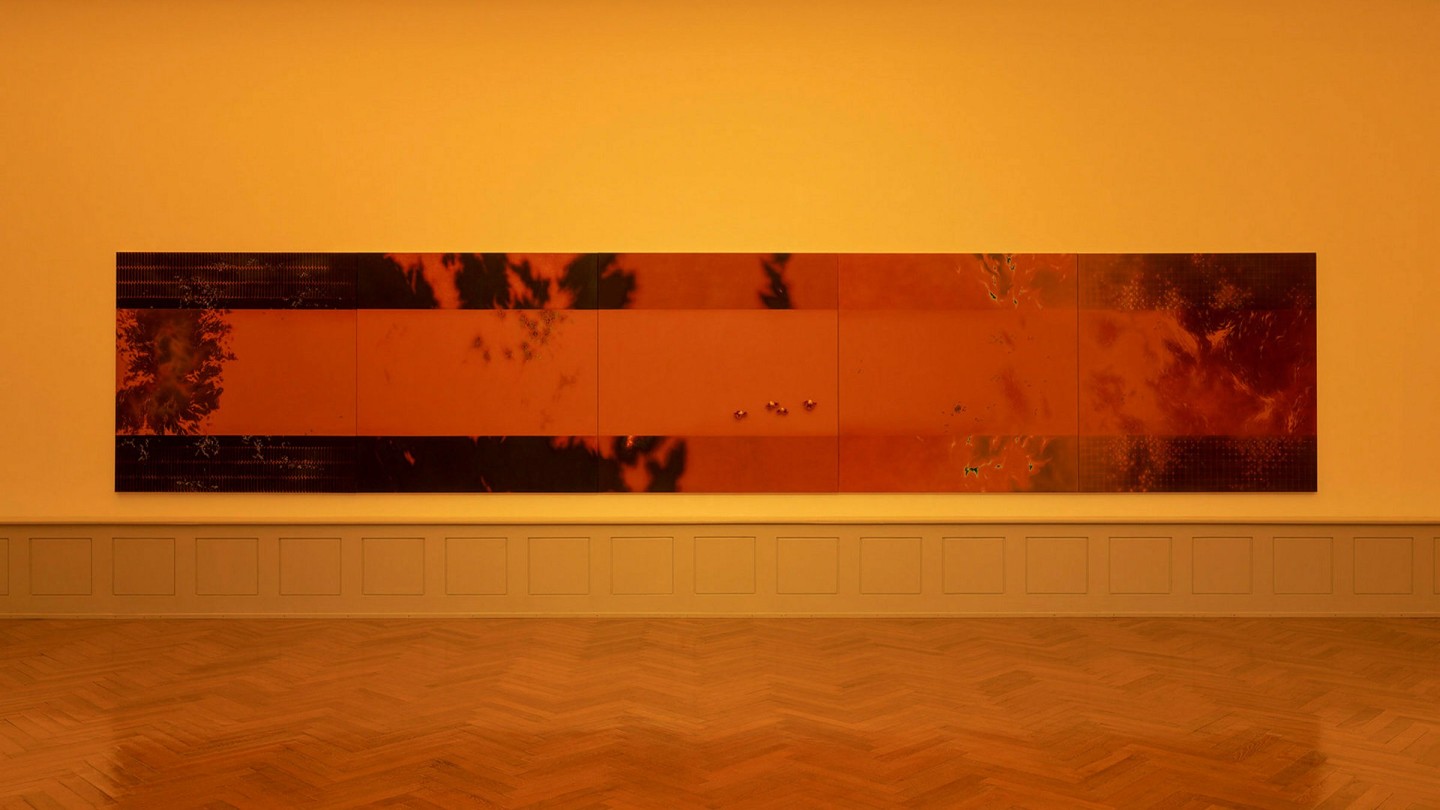
Roula Khalaf, Editor of the FT, selects her favourite stories in this weekly newsletter.
The entrance to Frieze London in Regent’s Park is, says the curator Cédric Fauq, just like an airport corridor. “It’s such a long walkway and it feels very much like an intersection,” he says, explaining how a work by Nora Turato will bring the hectic thoroughfare to life in a different way.
As part of Frieze’s new Unworlding section, organised by Fauq, the chief curator at the CAPC musée d’art contemporain de Bordeaux, Zagreb-born Turato will hang a series of large-scale lightboxes that mimic the “advertisements typically encountered between airport terminals or other high foot-traffic passageways”, she says. The piece, titled “Let the Mosquito Finish”, “responds to the entrance of the fair as a space of transit . . . Airports and fairs are where the powerful put on their flats [walking shoes].”
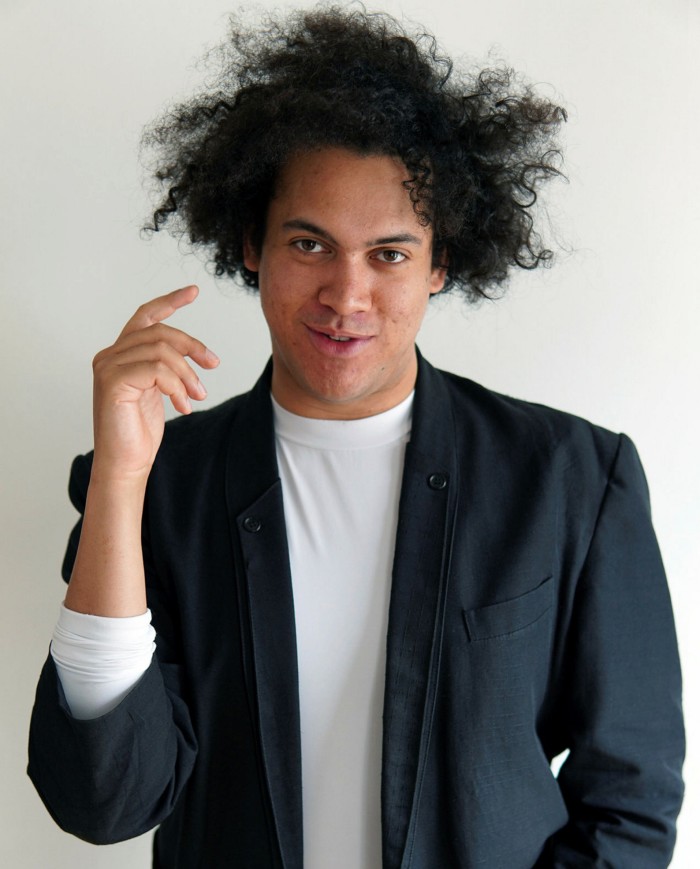
Unworlding provides “a platform for a new generation of curatorial talent,” says Eva Langret, artistic director of Frieze London. Ten galleries will show works by 13 artists in presentations around the fair. In conversations with Fauq, Langret says he identified the new section as “a new approach to art making that explores the end of systems of oppressions or disenfranchisement profoundly relevant to our post-pandemic moment.”
It seems a perfect fit for the perpetually agitated 21st century. Fauq said in a statement he wanted to present “fictional architectures, slow apocalypses and fictional scarcity” to show “how pessimism can drive imaginative agency” rather than lead to inertia. He tells me that his vision for Frieze is “less of a theme and more of an approach to looking at art: don’t ask ‘what does it do?’ Instead, ‘what does it undo and deconstruct?’”
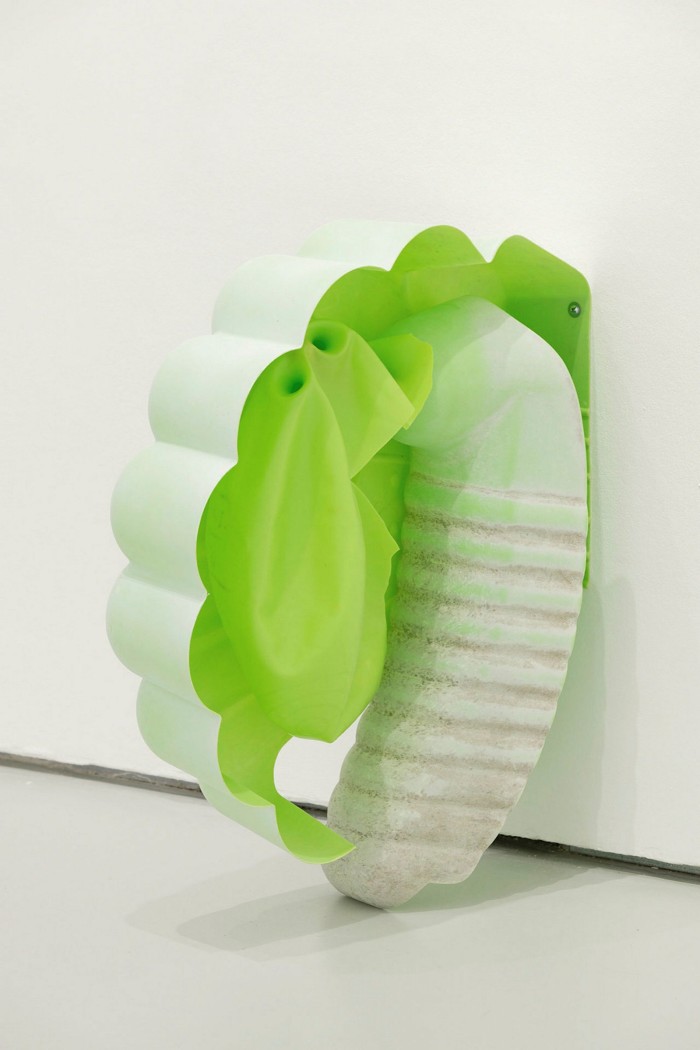
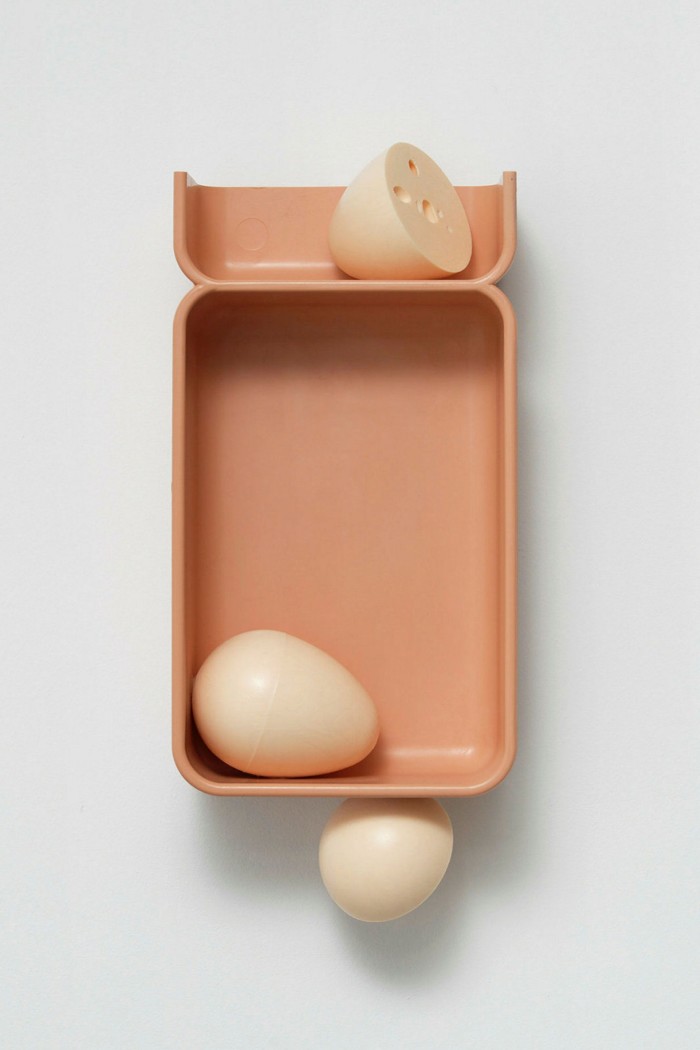
It is not just about doom and gloom either: optimism can spring from pessimism. Artists guide us through the dark by highlighting the collapse of power structures and oppressive regimes. None of the works directly address the pandemic however, Fauq says over the phone.
As a guide, he points towards the writings of Denise Ferreira da Silva, director of the Institute for Gender, Race, Sexuality, and Social Justice at the University of British Columbia in Vancouver, whose research is focused on “the racial subjugation of indigenous people and people of colour”. Her world view is about how we respond to systems of oppression collapsing worldwide, Fauq explains.
The French curator is making his presence felt on the international art circuit. After studying for a masters degree in curating contemporary art at London’s Royal College of Art, he moved swiftly up the curatorial ranks, joining Nottingham Contemporary — where he co-curated an exhibition about feminism and resistance movements in 2019 — and later the Palais de Tokyo before moving to his current curatorial role in Bordeaux.
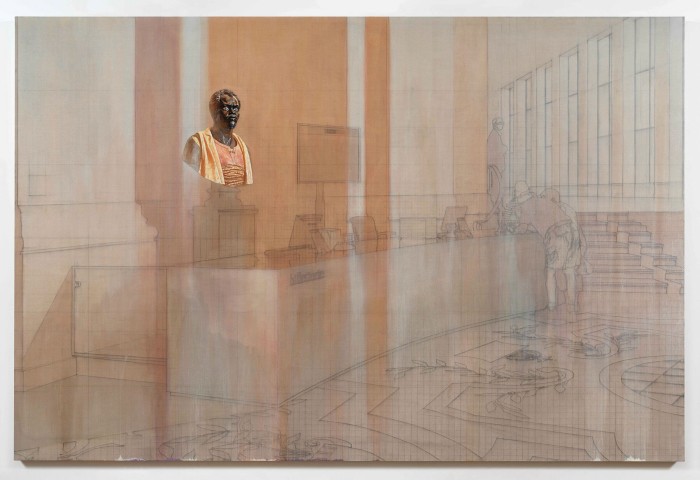
Fauq says that working in both France and the UK has shaped his experience as a curator of colour, but stresses that he does not want to labour the issue of racial politics in his practice; he says he aims to spotlight “practitioners of colour who are talking about race through their conceptual practices”. He has existing relationships with some of the Unworlding artists: “It’s like a family reunion but with new members.”
His Frieze selection includes the Swiss artist Natacha Donzé (Parliament gallery), whose ten-metre long work entitled Atlas, shows a post-apocalypse scene. It opens “a burning breach for us to dwell in”, Fauq says, alluding to Donzé’s new world populated by will-o’-the-wisps and flies.
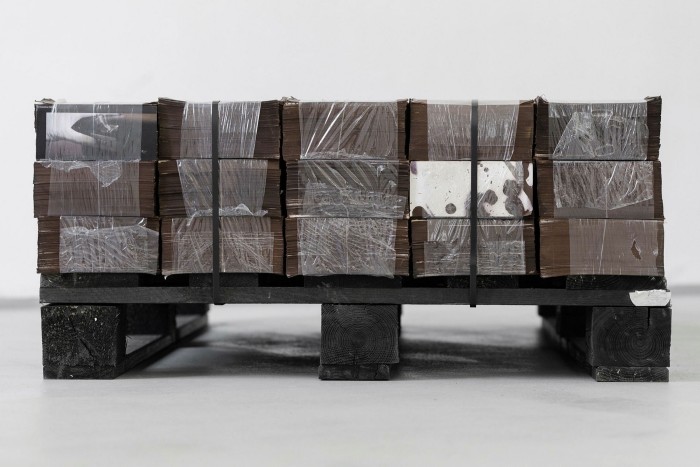
Tanya Leighton gallery will also show new works from New York-based artist Esteban Jefferson’s Petit Palais series of paintings. The series depicts sculptural busts of African subjects behind the ticket counter of the Petit Palais museum in Paris; they remain unidentified, bearing the disparaging inscription “Buste d’Africain”. Fauq says that Jefferson’s “erasing” gesture — his sketchy ghostlike depiction of other figures — is a positive “undoing” action in the spirit of Unworlding.
Other artists in the section include Cudelice Brazelton IV (Wschód gallery), whose sculpture “Black Dollar” (2021) is made from 102,000 pieces of construction paper covered in iodine, wrapped in rubber bands and plastic sealing, and mounted on a wooden pallet (it looks like a bizarre bundle of US dollars), and Gyan Panchal (Jhaveri Contemporary, Mumbai), who has created a provocative series by reconfiguring waste items into absurd, compelling structures that speaks to Unworlding’s ideas, says Amrita Jhaveri, the gallery’s director. “He salvages everyday objects and in the vein of Arte Povera, pares them back, disassociating them from their original value system.”
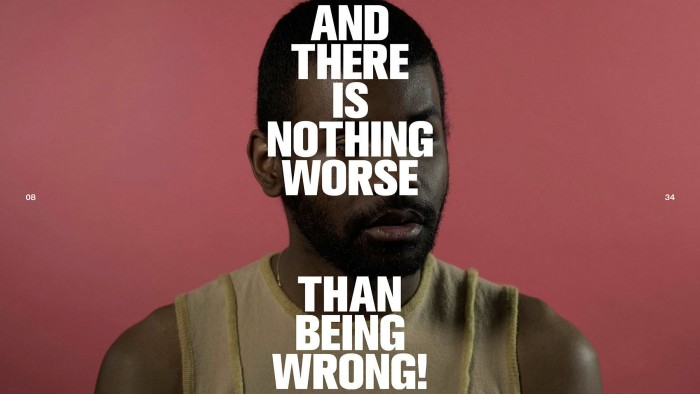
The final word goes to Ndayé Kouagou, whose video installation, part of the series Good People TV (2020), will be located in a rest area. In the series, the French artist is “giving advice on how to become a good person, and I obviously fail at it”, he says explaining that the advice he delivers is in the piece is too general. “When Fauq talked about ‘the undoing of the world as we know it’, it made even more sense. How could you undo or rethink anything without asking any questions?” It’s about the impact of the individual on the world, Kouagou says. “It’s not just about you, it’s about us.”
October 13-17, frieze.com
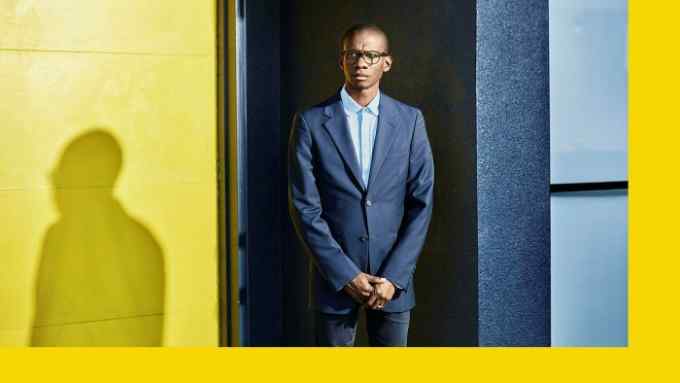
Comments